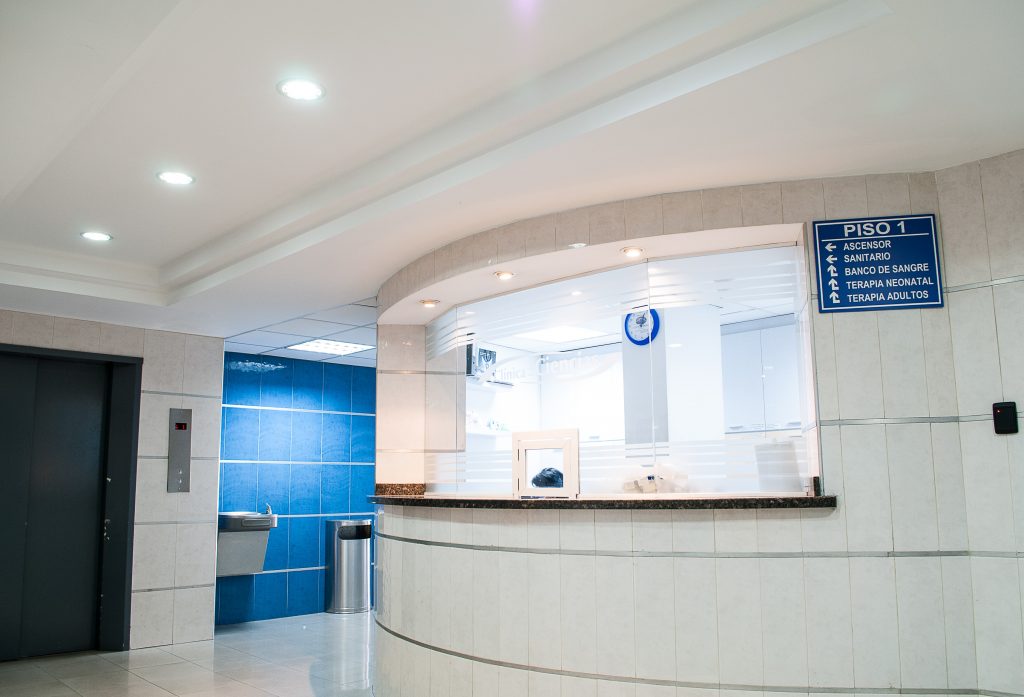Running any type of
business means that you usually learn to expect the unexpected.
However when events are totally out of the normal scope of business
activity such as burglary, vandalisation or cyber-fraud, the results
of it can be pretty catastrophic. While you clearly can’t control the
behaviour of others, what you can do is to take steps to minimise
risk. This means implementing solid security measures that work. It’s fair to say that
every business will have differing security concerns and needs,
however, all good security should start with the basics.
Physical security
Does your business have
sufficient physical security to deter any ‘would be’ criminal? Are
entrance ways locked during non-working hours and windows secure?
What about perimeter fencing? If the answer is yes, do you have some
type of checking procedure in place? If not and it’s simply assumed
that it’s the role of the last person leaving the building, then you
could be asking for trouble. If it isn’t cost-effective to hire
permanent out-of-hours security guards. many companies hire
key-holders to carry out this role. It’s an efficient way to maintain
out-of-hours security, as you can guarantee your premises is being
regularly checked and monitored, without it costing you the earth.
Establishing
internal controls
Employee theft is a big
problem. In fact in one survey 77% of businesses interviewed stated
that they had experienced problems with internal theft in the past.
For this reason it’s wise to implement pre-emptive controls. These
include factors such as screening people correctly at the job
interview stage before employing them. Implementing key-holding
responsibilities, carrying out regular staff locker searches, and
monitoring of staff activity (CCTV) during working hours.
Cyber security
protocol
Don’t think that only
the large companies have cyber security issues. The fact is that many
larger companies or corporations have now cleaned up their act with
regard to cyber security because they were once considered easy and
fruitful targets. Because the fraudsters know this, cyber criminals
are now turning their attentions to small businesses with devastating
consequences. Where a larger corporation might be able to swallow
such a hit financially, a similar loss to a small business would
probably wipe them out. With this in mind small businesses should
really think about implementing basic cyber-security strategies at
grass roots level. These include password monitoring (giving out
access passwords on a ‘need to know’ basis), regular password
changes, shutting down systems during non-working hours where
possible, and making people aware of the dangers of cyber-fraud.
As you can see, these
are simple cost-efficient steps that any business owner can take, no
matter how small, in order to protect their premises and/or assets
from both physical and virtual theft. If you’d like to know how you
can ramp up your security without it costing you the earth, talk to
us about a security assessment. To book yours, contact the MA
Security team on 1300 202 406 today.


